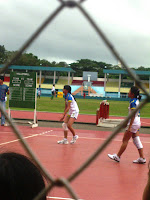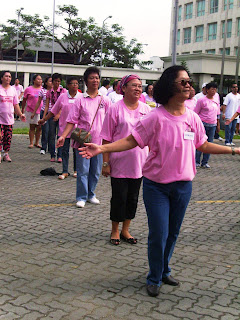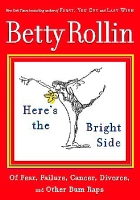Today I am celebrating my first Christmas as a cancer survivor. Beyond the hustle and busy schedule, I can actually see some little but meaningful changes in me.
 For one, I have a better appreciation for family gatherings. Preparing for dinners and parties are no longer an obligation in order to make everyone happy. I must say that now I can actually enjoy these get-togethers for what they are meant to be: time to catch up on each other’s lives and to bond.
For one, I have a better appreciation for family gatherings. Preparing for dinners and parties are no longer an obligation in order to make everyone happy. I must say that now I can actually enjoy these get-togethers for what they are meant to be: time to catch up on each other’s lives and to bond.
Secondly, It’s easier to buy gifts now without fretting over the price tag. Saving up for a rainy day is no longer my number one mantra. Although I must say that I have spent quite a fortune this year on my treatment, the fear of lack is no longer controlling me.
Third, I think I really am a much more generous person now. Truth be told, I used to give gifts as payback for services received or as plain tradition. Now, I just enjoy giving, period.
What was once a stressful series of family and community events have become for me a wonderful time to share, give and love.
Merry Christmas to me!
 For one, I have a better appreciation for family gatherings. Preparing for dinners and parties are no longer an obligation in order to make everyone happy. I must say that now I can actually enjoy these get-togethers for what they are meant to be: time to catch up on each other’s lives and to bond.
For one, I have a better appreciation for family gatherings. Preparing for dinners and parties are no longer an obligation in order to make everyone happy. I must say that now I can actually enjoy these get-togethers for what they are meant to be: time to catch up on each other’s lives and to bond.Secondly, It’s easier to buy gifts now without fretting over the price tag. Saving up for a rainy day is no longer my number one mantra. Although I must say that I have spent quite a fortune this year on my treatment, the fear of lack is no longer controlling me.
Third, I think I really am a much more generous person now. Truth be told, I used to give gifts as payback for services received or as plain tradition. Now, I just enjoy giving, period.
What was once a stressful series of family and community events have become for me a wonderful time to share, give and love.
Merry Christmas to me!

































